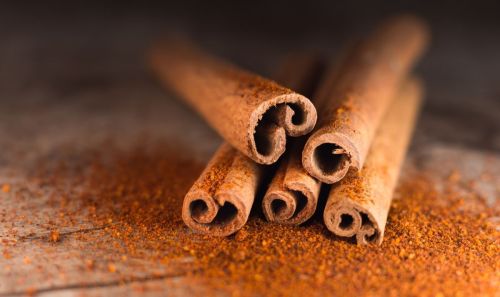The tiny black seeds have gained much popularity among health foodies in recent years. They are tasty and easily swell to a gel-like consistency. That is why they are often used as an ingredient in desserts, smoothies, breakfast cereals, energy bars, yogurts or muesli. Their attractiveness, however, lies primarily in their health benefits, especially the availability of valuable unsaturated fatty acids.
Evidence of this is provided by the 16th century Codex Mendoza, an Aztec codex written around 1541, which contains a history of the Aztec rulers and their conquests, as well as a description of the daily life of the pre-conquest Aztec community.
The codex is written in the Nahuatl language using traditional Aztec pictographs. Its name comes from Don Antonio de Mendoza, viceroy of New Spain and a leading patron of native artists.
They served as a staple food for Aztec Nahuatl cultures. Jesuit chroniclers ranked chia as the third most important crop in Aztec culture, behind corn and beans and ahead of amaranth.
Sacrifices made to Aztec priests were often in the form of chia seeds.
The current name of the Mexican state of Chiapas, located in the southern part of Mexico, is derived from chia - water or river in the Nahuatl language.
Some sources say that the word "chia" means strength.
They contain 20% protein, 34% fat, 25% water-soluble fiber, antioxidants, valuable minerals and vitamins.
The oil from these seeds contains a high concentration of fatty acids, is gluten-free and contains trace amounts of sodium.
Thanks to their properties, they can positively affect the digestive system, heart and circulatory system, as well as the condition of the skin.
It also contains omega-6 fatty acids, which occur in a beneficial ratio to omega-3 for health and disease prevention. It has more omega-3 fatty acids than Norwegian salmon, considered the richest source.
Chia seeds are the best-known plant source of omega-3 fatty acids, better than flax seeds.
These include chlorogenic acid, which can lower blood pressure, and quercetin, which may reduce the risk of heart disease, osteoporosis and some forms of cancer.
They also contain caffeic acid, which can help fight inflammation in the body.












